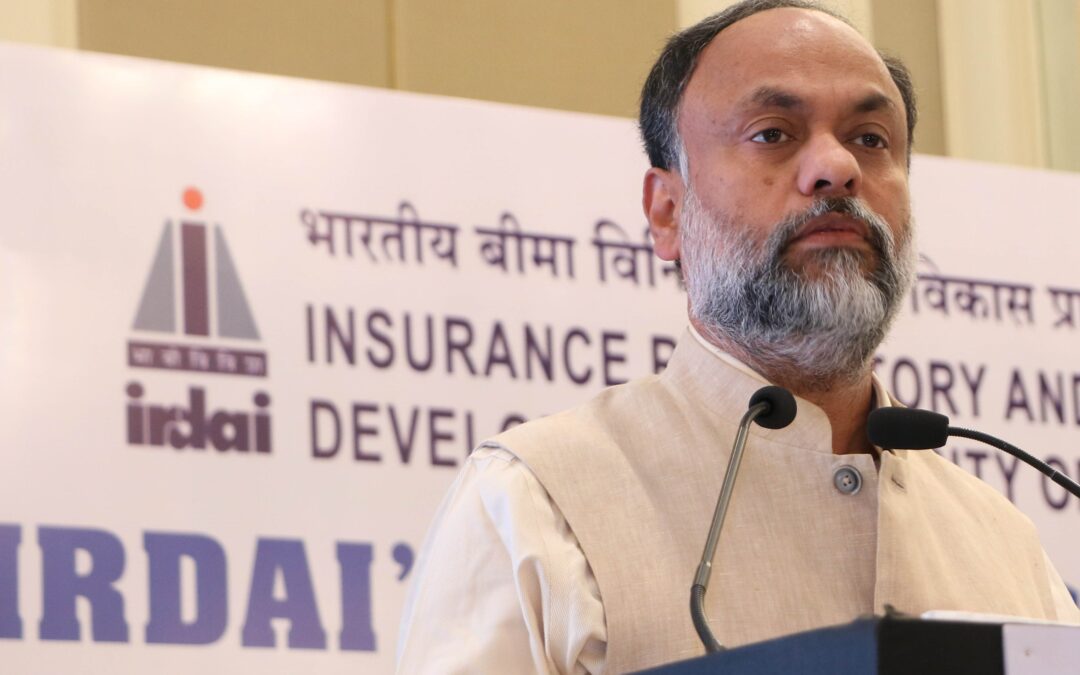“I am happy to inform that all general and health insurers and four TPAs have already on-boarded on NHCX sandbox and are in the process of full integration. it will be an important milestone in democratizing insurance access and ensuring sufficient coverage,” said IRDAI chairman Debasish Panda
Mumbai:
Insurance regulator IRDAI is working towards new means to enhance customer experience by bringing in 100 per cent cashless claim settlement, said chairman Debasish Panda.
Speaking at the Global Fintech Fest in Mumbai on Wednesday, Panda said both General Insurance Councils and Life Insurance Councils are working with National Health Authority for on-boarding of insurers on National Health Claims Exchange (NHCX).They are playing a very prominent and active role for enabling common empanelment and interoperability with hospitals. This will make claim processing of health insurance seamless and frictionless for the policyholders, he said.
“I am happy to inform that all general and health insurers and four TPAs have already on-boarded on NHCX sandbox and are in the process of full integration. it will be an important milestone in democratizing insurance access and ensuring sufficient coverage,”he said.
The NHCX employs technology in uniting hospitals, insurers, service providers, and TPAs on one platform. This synergy expedites claims, reduces fraud, and standardizes processes, streamlining the entire healthcare system. It represents a transformative leap towards equitable, efficient, and digitized healthcare services for all, he explained.
Further,Panda highlighted that a Bima Trinity is also being conceptualized by the regulator for the industry..
It includes Bima Vistaar – a simple benefit based product with parametric triggers to be distributed by Bima Vahak which would be localized women centric insurance force. Bima Vahak and Bima Vistaar will play an important role in taking insurance to remotest places in the country. This will make it easier for people to access insurance and also, more jobs will be created in these areas.
The third element of Bima Trinity is an electronic market place protocol – Bima Sugam which would universalize and democratize insurance. This protocol will be connected with India Stack which is a set of APIs that allows governments, businesses, startups, etc. to utilise the unique digital Infrastructure to enable seamless delivery of services.
According to Panda, the fast growth of conversational AI is really impressive and it can be harnessed across the entire insurance value chain.
In addition to AI, Blockchain technology has the potential to bring about significant efficiency gains, cost savings, transparency, faster payouts, and fraud mitigation while also allowing for data to be shared in real-time between various parties in a trusted and traceable manner, he said.
“I am certain that there would be a time when even the need for filing claims would be eliminated. And we have to be ready for such times. The point I am trying to make is that accessibility, availability, awareness, choices, alternatives, innovation, customization, healthy competition – all led by technology – is the way forward. we must continuously forge ahead to create a one-stop solution that serves every citizen’s financial needs. And for this, fintech, insurtech, invest-tech must converge to ensure seamless delivery of the entire bouquet of financial services.”
“We need more players, we need more products, we need more distribution partners, and most importantly we need more technology, more integration. The industry is ready to generate good returns; all we need is a fresh pair of eyes to look at the potential this sector possesses,” he noted.
IRDAI is looking at Long Term products in property and Motor, P&I Clubs, insurance for warehouses, non-performance insurance etc, he informed.
The next ten years are of utmost importance for insurance sector and will see radical changes in the nature of insurance products as well as the way it is distributed. Since the level of awareness is on the rise too, more customized products will be required, he predicted.

